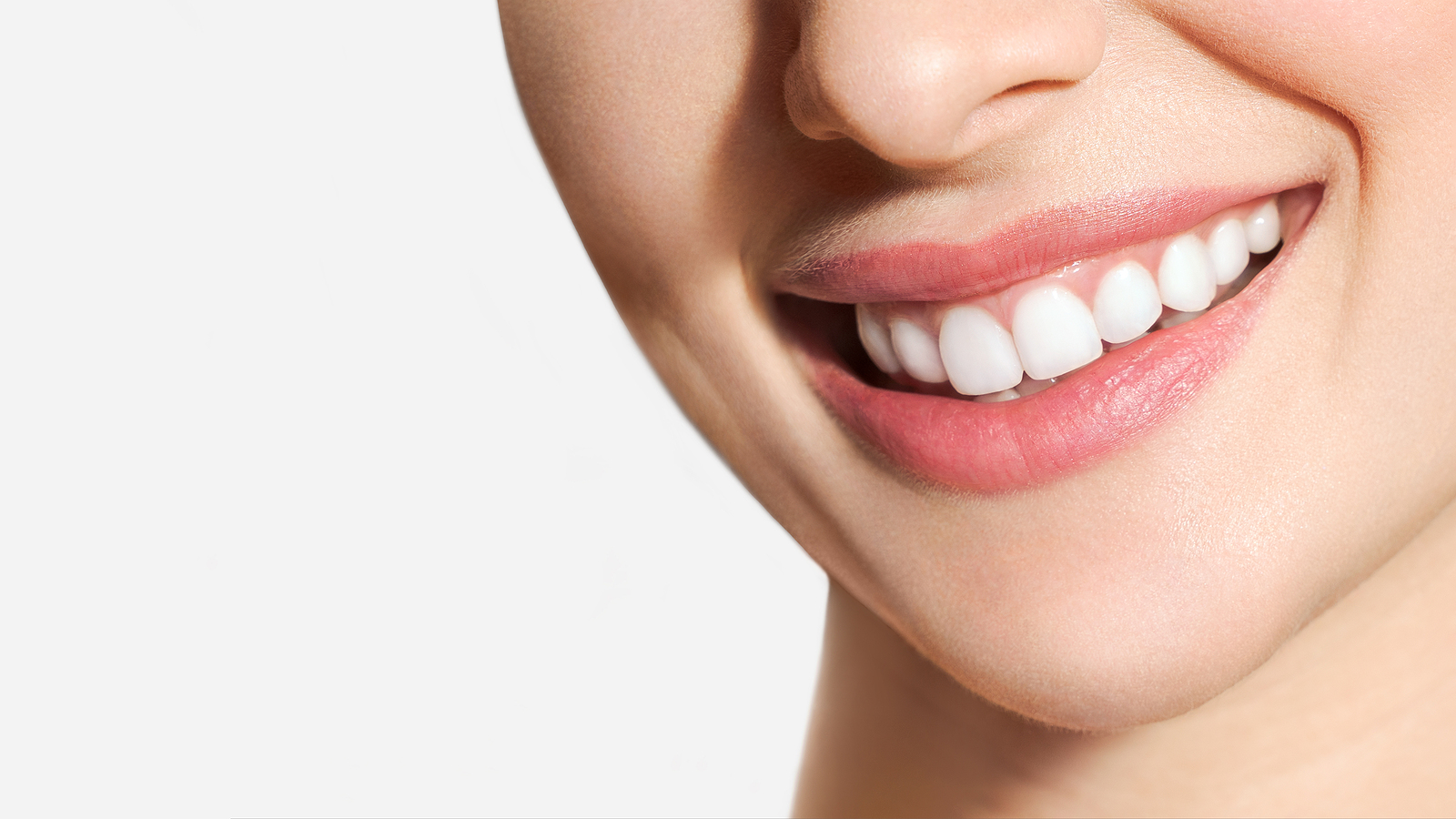From sudden toothaches to knocked-out chompers, dental emergencies can strike at any moment, leaving you in need of urgent care. Emergency dentistry is like the superhero of dental care, swooping in to save the day when unexpected oral issues arise. It's all about providing immediate treatment for urgent dental problems that can't wait for a regular appointment. From excruciating toothaches to broken teeth from a sports mishap, emergency dentists are equipped to handle a wide range of urgent situations.
These dental emergencies often involve severe pain, swelling, bleeding, or trauma to the mouth. Ignoring these signs can lead to more serious complications down the road and potentially jeopardize your oral health. That's where emergency dentistry steps in – it offers prompt relief and solutions to alleviate discomfort and prevent further damage.
Having access to emergency dentistry in Redmond, WA, means you don't have to suffer in silence or panic when faced with a sudden dental crisis. Knowing where to turn during those critical moments can make all the difference in preserving your smile and well-being.
Common Dental Emergencies and How to Handle Them
When it comes to dental emergencies, knowing how to handle them can make all the difference.
Toothaches: Toothaches can be caused by various factors, including dental decay, infection, or trauma. If you experience a sudden or severe toothache:
Rinse your mouth with warm water to clean the area.
- Use dental floss to remove any trapped food or debris around the affected tooth.
- Take over-the-counter pain medication as directed to alleviate discomfort.
- Avoid placing aspirin or any other pain relievers directly on the gums, as this can cause irritation.
Knocked-Out Tooth: A knocked-out tooth is a dental emergency that requires immediate attention to increase the chances of successful re-implantation. If a permanent tooth is knocked out:
- Handle the tooth by the crown (top) rather than the root to avoid damaging the delicate tissue.
- Rinse the tooth gently with water, taking care not to remove any attached tissue fragments.
- Try to reinsert the tooth into its socket, if possible, and hold it in place by gently biting down on a clean cloth or gauze.
- If reinsertion is not feasible, place the tooth in a container of milk or saliva to keep it moist and bring it to your dentist as soon as possible.
Broken or Chipped Tooth: A broken or chipped tooth can cause pain and sensitivity, especially when exposed to hot or cold temperatures. If you break or chip a tooth:
- Rinse your mouth with warm water to clean the area.
- Save any broken tooth fragments and bring them to your dentist.
- Apply a cold compress or ice pack to the outside of your mouth to reduce swelling and alleviate pain.
- Avoid chewing on the affected side of your mouth until you can see your dentist for treatment.
Lost Filling or Crown: If a filling or crown becomes dislodged or falls out, it's important to see your dentist as soon as possible to prevent further damage to the tooth. In the meantime:
- Clean the affected area with warm water and gently brush the tooth to remove any debris.
- If possible, use temporary dental cement or over-the-counter dental adhesive to temporarily reattach the filling or crown until you can see your dentist.
Dental Abscess: A dental abscess is a painful infection that can develop around the root of a tooth or in the gum tissue. If you suspect you have a dental abscess:
- Rinse your mouth with warm saltwater to help reduce pain and inflammation.
- Take over-the-counter pain medication as directed to alleviate discomfort.
- Avoid applying heat or cold directly to the affected area, as this can exacerbate pain.
Tips for Preventing Dental Emergencies
Preventing dental emergencies is key to maintaining good oral health. One of the most effective tips is to maintain a consistent oral hygiene routine by brushing twice a day and flossing daily. This simple habit can help prevent issues like cavities and gum disease that could lead to emergencies.
Regular visits to your dentist in Redmond, WA, for check-ups and cleanings are crucial in catching any potential problems early on. Addressing minor concerns before they escalate into emergencies can save you from unnecessary pain and expenses down the line.
Avoid using your teeth as tools for tasks like opening packages or bottles, as this can lead to chipped or cracked teeth. Additionally, wearing a mouthguard during sports activities can help protect your teeth from injury.
Be mindful of what you eat and drink. Limit sugary foods and acidic beverages that can weaken tooth enamel and increase the risk of dental issues. By following these tips, you can significantly reduce the likelihood of experiencing a dental emergency.
Visit Essence of Dentistry at 16300 Redmond Way #200, Redmond, WA 98052, or call +1(425) 885-0200 to schedule an appointment. Our team will be happy to see you and share our values!
More Blog Posts
Office Hours
MON8:00 am - 5:00 pm
MON - TUE9:00 am - 5:00 pm
TUE - WED8:00 am - 5:00 pm
WED9:00 am - 5:00 pm
THU8:00 am - 5:00 pm
THU - FRI9:00 am - 5:00 pm
FRI8:00 am - 5:00 pm
SATClosed
SATBy appointments only
SUN - SUNClosed









